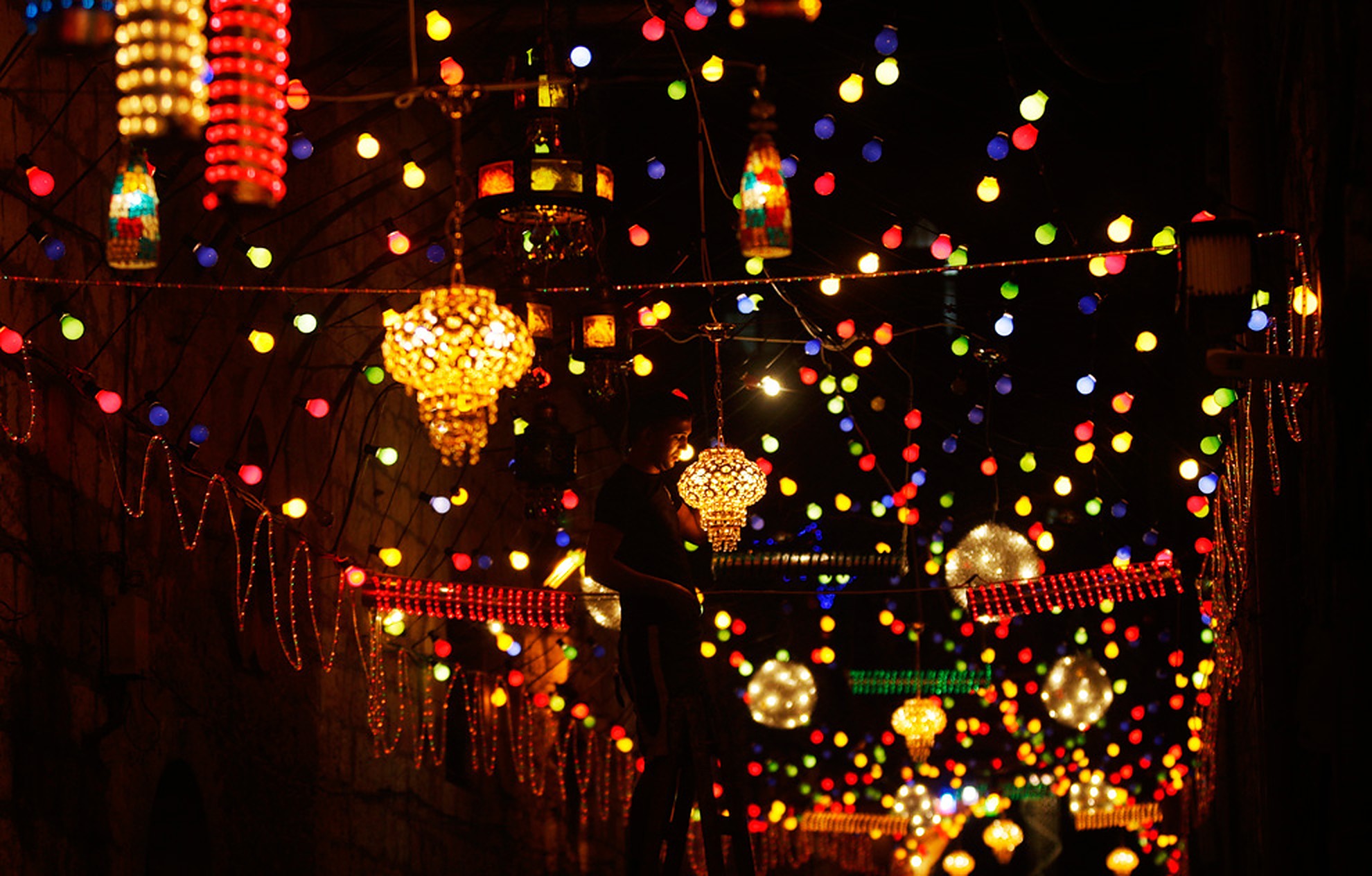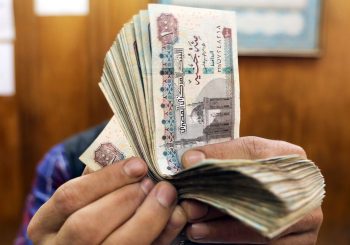The first day of Ramadan for me during this global pandemic went – fine. I got up, I spent a couple of minutes with the family, I listened to the Qur’an, I went to prepare a few meals in the kitchen, I checked my emails. Everyone around me seemed to also be handling it quite smoothly: my sister was preparing for her university projects, my father was either performing tasbih or scrolling through social media, and my mother was moving between the kitchen and the television every once in a while.
We were all trying to ignore (or forget) that this Ramadan was any different. Coronavirus? Global recession? Quarantine? Stress? It was not in the equation. Egyptian television still had a countless number of series and entertainment, and we were all privileged to have constant access to the Internet and social media to distract us from any lingering thoughts or feelings of hunger.
The sense of living in a parallel reality was very much real. Everything was fine for a while, and if it wasn’t fine, we turn on the television, chat to our friends or family members online, or attend any online event or virtual tour to teleport us there.
But the truth was that the atmosphere was exhausting. We had long moments as a family where the entire household would just turn silent, and suddenly flashbacks of family gatherings and mass prayers at the mosque would come back to remind us: fasting in isolation is depressing.
We were all thirsty for heightened celebrations and gatherings, and yet, we were obliged to stay in our homes and patiently wait as time slowly passes by. It was all draining our energy, and with the stress and increasing anxieties that comes with pandemic, fasting became akin to starvation rather than a spiritual experience.
So how can we worship God, fast and taste the sweetness of Ramadan in these crazy times?
Be Gentle with Yourself
There is a verse in the Qu’ran that always comes to my mind, which goes “Allah intends for you ease and does not intend for you hardship.” (2:185).
While fasting is considered to be a pillar of the Islamic faith, it is not required for those with chronic health conditions, traveling or for children. The period is also prescribed to be 30 days, and it is permitted that if you are feeling ill or exhausted to skip the current days and complete the full period for other days.
If you don’t have the energy to read the Qur’an today, you can listen to it and simply meditate as I do or choose other forms of meditation such as tasbih.
You also don’t need to feel pressured to carry out many evening prayers, but you can let it gradually happen overtime.
Fasting, for me, is essentially about gentleness, because it teaches us to not be too indulgent and to appreciate lightness in intake as well as in spirit.
Try New Rituals
Lately, I have been trying to start a new ritual by making my own ‘affirmation’ or ‘reflection’ quote cards to read every morning. It sounds completely silly, but it is a simple, brief and easy practice that can easily change your outlook for the day.
Taking care of other aspects of your health, such as your mental health through de-stressing, can still help keep your immune system strong.
Egyptian Streets compiled a list of things to do for relaxation and mental health here.
Get Enough Calories
It cannot be stressed enough on how important it is to get enough calories in the hours you are allowed to eat, particularly during suhour.
Make sure you are getting enough proteins and carbohydrates, such as eggs and beans, which have many nutrients essential for human health that boost your energy.
It is also recommended to keep your intake balanced and include a variety of foods such as vegetables and fruits.
To increase the absorption of iron from foods and keep your energy level balanced, try foods such as salmon or tuna, oats, cereals, and dried fruits like raisins and apricots.
Vitamin C can also enhance iron absorption, which is found in citrus fruits, melons and strawberries.
Avoid Too Much Television and Social Media
Some research has pointed to the phenomenon of ‘social media fatigue’, which refers to the exhaustion and anxiety one can get from social media due to being overwhelmed from too much information and communication.
It is recommended to keep your online activity limited. Try to provide more space and time for yourself and heart to breathe. You can try following a couple of classes of meditation on Youtube and then practice them at home later on.
Pray, reflect, or start a journal to be conscious of your thoughts and the things in life that you are grateful for.
In the end, it is time to learn to appreciate our own spiritual journey, release the heaviness of the world and turn towards a different lifestyle that prioritizes reflection, lightness, and serenity.
*The opinions and ideas expressed in this article do not reflect the views of Egyptian Streets’ editorial team. To submit an opinion article, please email [email protected].







Comment (1)
[…] The Atmosphere Is Too Exhausting – So How Can We Fast in Quarantine? […]